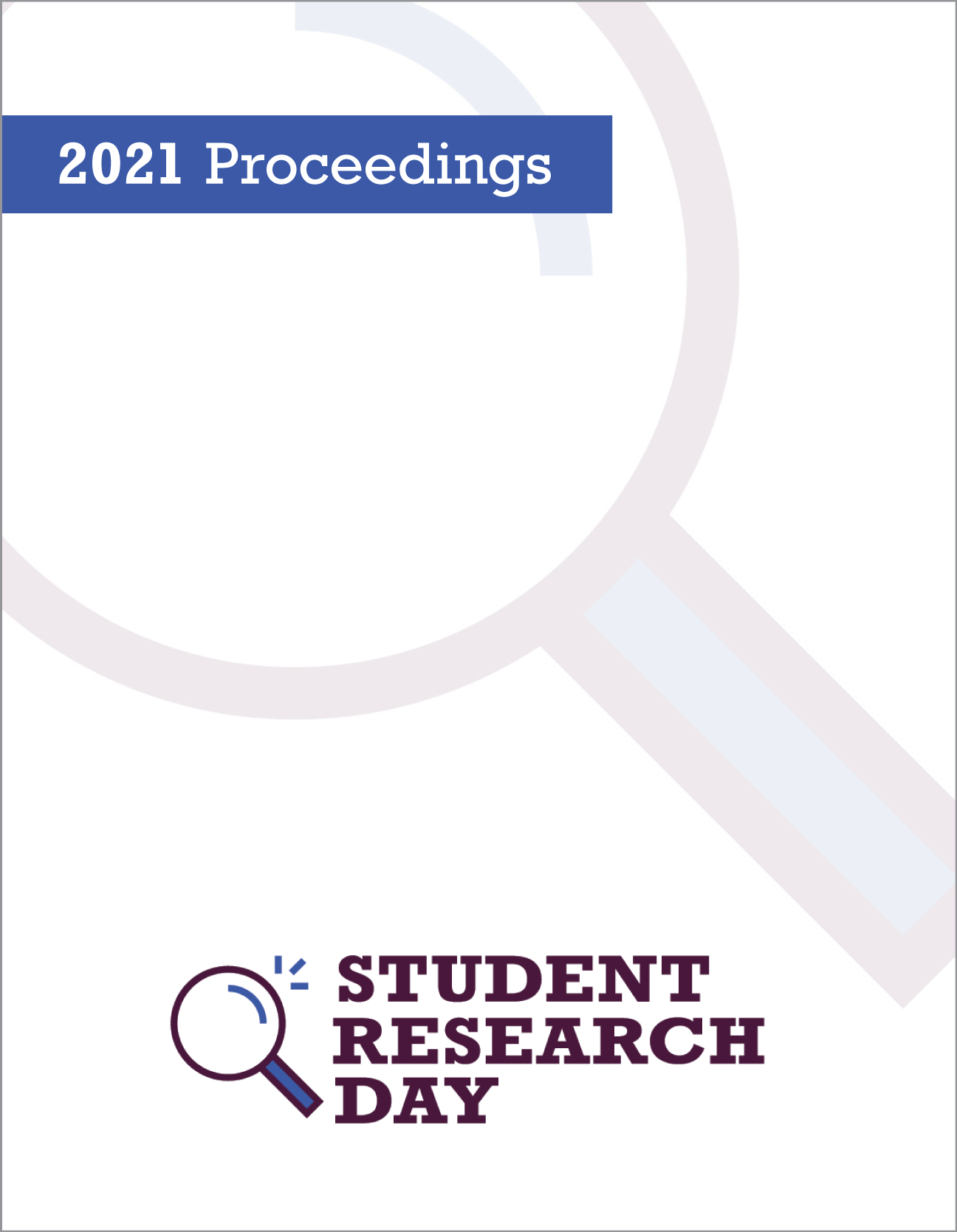Risk Assessment and Criminogenic Needs Based on Sexual Assault Typologies
Abstract
Theoretical and empirically-based typologies for criminal behaviour, including sexual assault, are typically based on the premise that those who commit sexual assault have different individual characteristics. Greater knowledge to identify diverse groups of these individuals may help to understand the criminogenic needs that contribute to their offending and how they can be accurately assessed for risk of reoffending. The current study examines the typology proposed by Knight and Prentky (1990). The Massachusetts Treatment Center Rapist Typology, Version 3 (MTC: R3) identifies five general categories of rapists. These categories include opportunistic, pervasively angry, vindictive, sexual, and sadistic types. Using a sample of 300 individuals who have been investigated for sexual assault, the current study will categorize these individuals into one of these typologies. This research will identify potentially unique criminogenic needs and the predictive validity of validated risk assessment tools for each subtype. It is predicted that these subtypes will present with different criminogenic needs and validated risk tools that assess for recidivism risk will have better accuracy depending on typology. The practical implications of this study will allow criminal justice professionals, such as police, to better assess risk and address the criminogenic needs of individuals who have committed sexual offences based on typology.
Department: Psychology
Faculty Mentor: Dr. Sandy Jung
References
Published
Issue
Section
License
Authors retain any and all existing copyright to works contributed to these proceedings.



